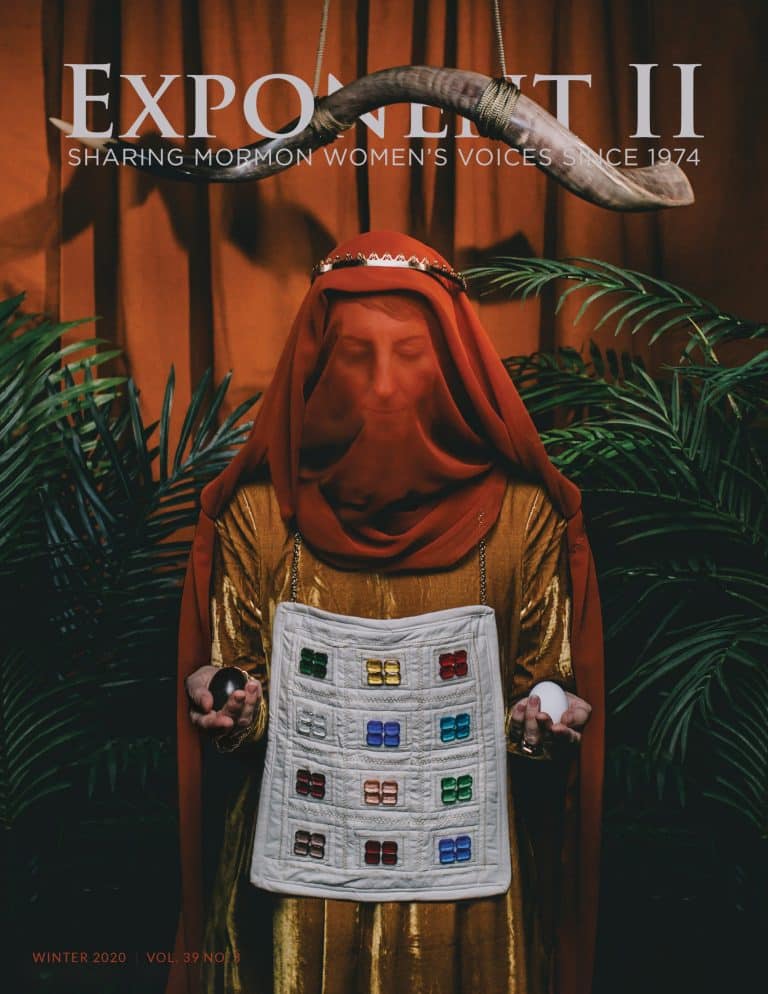
https://worksoftranslation.com/
The following is the letter from the https://exponentii.org/wp-content/uploads/2021/12/IMG_5173-scaled-2.jpg for the Winter 2020 issue of Exponent II. To subscribe, go here and order before January 20.
I wrote my first fanfiction when I was in seventh grade. That summer my friend Elizabeth and I fell in love with Jane Austen. Elizabeth gave me a book of Austen’s collected works for my birthday, and we watched the BBC Pride and Prejudice miniseries a dozen times. Elizabeth owned a word processor, something foreign to me at the time. Together, we typed out a story that involved all of our favorite Austen heroines coming together to go on an Egyptian archaeological dig.
Jade Sylvan posits that fanfiction is “inherently dialogical” because it involves someone taking concepts from the original author and translating or building them into something new and different (1). Elizabeth and I certainly felt as if we were a trio that summer, embracing our imagined sisterhood with Jane and grateful that our names were appropriate to the Regency period, even if our clothes were not. Sylvan also writes that fanfiction can be a creative way of forming the narratives that we seek. Fanfiction allows us to take something familiar and change the story. The results can be powerfully therapeutic. With fanfiction, “authors reimagine stories and texts to find the truths their communities need” (2). Rather than degrading, this kind of work strengthens the original text. Engaging creatively in this way propels our brains into new and revelatory places. In retrospect, I see my seventh grade story calling out for a narrative in which these heroines I admired went on the adventures that I craved. Caught between childhood and young womanhood, my budding feminism reveled in Austen’s words while imagining brave new possibilities.
For our annual writing contest this year, Exponent II asked women to reimagine stories of scripture in order to find the truths our community needs. Authors used a variety of methods and characters. Megan Linton wrote about Josie Smith in “That Lovely Morning,” imagining a spiritual seeker in the midst of a traditionally female domestic setting. In “Three Generations of Tamar,” Heidi Toth knitted together Tamar, the daughter-in-law of Judah; Tamar, the daughter of David; and Tamar, the daughter of Absalom, forming redemption through a shared name. In “Thy Sorrow and Thy Conception,” Eve faces another choice to live in paradise or actively help humanity. Reading that story made me love Eve’s unflinching wisdom more than ever. Anita Well’s beautiful prose in “Lift Up Your Heads” told about a much-needed additional female figure in the Book of Mormon, prompting me to reflect on how much women’s lives at that time were dependent on the choices of men. The winner of this year’s contest, Carmen Cutler, gave voice to an unnamed character of the Book of Mormon, Laman’s wife. Her story considers how the breathtaking power of the Divine may resonate very differently for a refugee woman than for a proud patriarch. In addition to seven fanfiction stories, this issue contains an interview with Mette Harrison, author of The Book of Laban and The Book of Abish; a sermon about faith by Tracie Lamb; a tutorial on how to begin writing your own stories based on women in scripture; and more. All of the art in this issue was created in response to the essays, forming an additional layer of interpretation and making this issue stunning and completely unique. In what is likely a first for Exponent II, we also have Molly Cannon Hadfield’s short story in graphic novel form of Dr. Martha Hughes Cannon meeting Anne Shirley at the 1893 World’s Exposition.
Taken collectively, the stories of this issue reveal important truths for the Exponent community. They speak of women receiving revelation and prophetesses who speak to God and lead their people. They speak to the effects of trauma and intergenerational healing. They tell scripture stories that offer a template for women on how to deal with hard choices. They show how the women in scripture—voices often ignored or passed over in our typical scripture study—have the potential to offer women brave new possibilities in their lives. Reading these stories helps me reimagine my life now and reconsider what I want my spiritual journey to be. We hope you enjoy reading.
(1) Jade Sylvan. “What the Gospels Share with Fanfiction.” Harvard Divinity Bulletin (Spring/Summer 2018). https://bulletin.hds.harvard.edu/what-the-gospels-share-with-fanfiction/
(2) Ibid.


